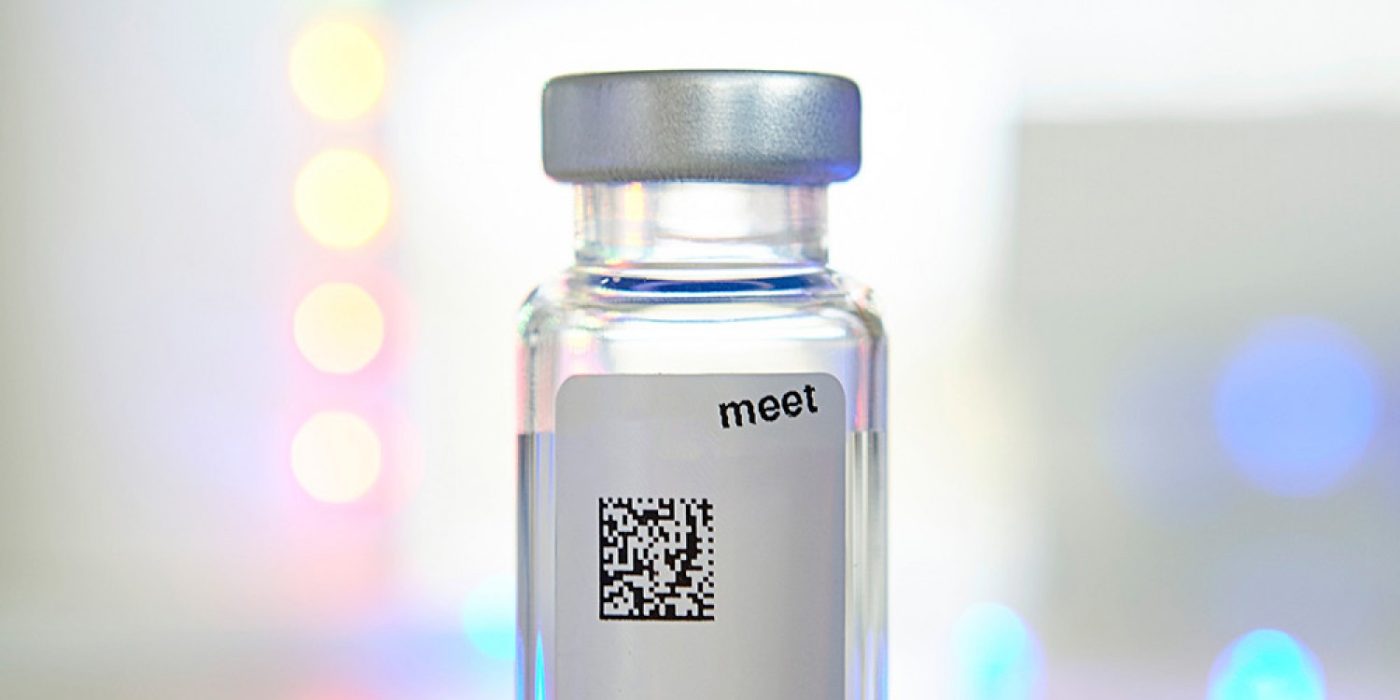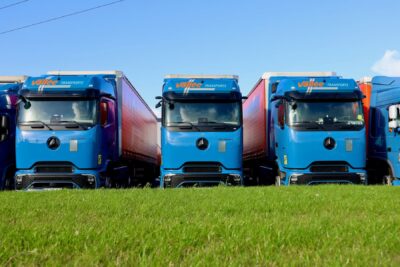Investigación sobre pilas estables de zinc-aire en Münster
En Alemania, un equipo del Centro de Investigación de Baterías MEET de la Westfälische Wilhelms-Universität (WWU) de Münster trabaja en el perfeccionamiento de las pilas de zinc-aire. Un equipo de investigadores ha creado un electrolito que debería hacer la pila más estable. El equipo ha publicado ahora los detalles de sus hallazgos en la revista Ciencia.
Las pilas de zinc-aire se consideran potentes, respetuosas con el medio ambiente, seguras y baratas. Sin embargo, su gran inconveniente es que son muy inestables. El equipo de investigación de Münster lo explica en un breve comunicado de prensa introductorio con motivo del avance de la investigación: "Hasta ahora, la pila convencional de zinc-aire ha luchado contra una gran inestabilidad química, reacciones parásitas que arraigadas en el uso de electrolitos alcalinos conducen a la irreversibilidad electroquímica".
Según los científicos, han desarrollado un electrolito acuoso no alcalino basado en la sal de trifluorometanosulfonato de zinc, que "debería superar las debilidades técnicas anteriores". Se trata de una química zinc-peróxido (ZnO2)/O2 reversible desconocida hasta ahora. Gracias a esta innovación, las pilas de zinc-aire podrían funcionar de forma estable durante 320 ciclos y 1.600 horas en el medio ambiente.
El equipo interpreta los resultados de la investigación como que la pila de zinc-aire tiene potencial para competir con la pila de iones de litio, dominante en el mercado. "La pila de zinc-aire ofrece una potencial tecnología de pilas alternativa con ventajas como el respeto al medio ambiente, la alta seguridad y los bajos costes", señala Wei Sun, director del proyecto. "Esta tecnología aún requiere más investigación intensiva y optimización antes de su aplicación práctica", afirma, poniendo freno a las expectativas. Los resultados detallados del proyecto internacional, en el que también participaron investigadores de la Universidad de Fudan de Shanghai, la Universidad de Ciencia y Tecnología de Wuhan, la Universidad de Maryland y el Laboratorio de Investigación del Ejército de EE.UU., se han publicado ahora en la revista Ciencia.





0 Comentarios